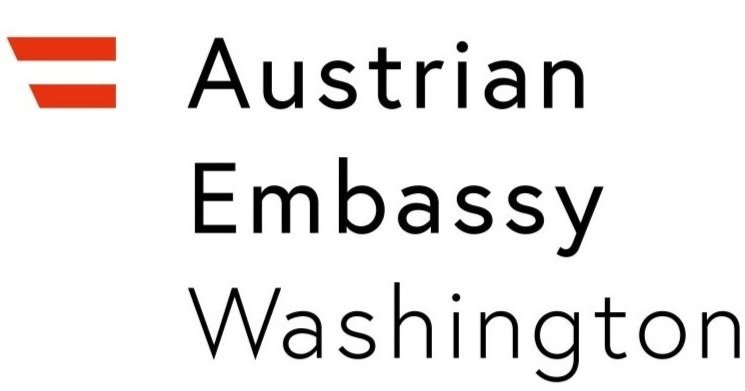People at ALPLA
An Interview with Stacy Sorby
In ALPLA North America, there’s a select group of people who’ve been with the company from the start. Technical applications manager Stacy Sorby— our behind-the-scenes expert for all things EBM—is one of them. Currently, Sorby works closely with sales, design, and packaging managers, as well as various process technicians, to optimize production in the region. Having been immersed in company life for nearly thirty years, we sat down to discuss his career at ALPLA.
Stacy, you have been at ALPLA for a long time now, but what did you do prior to joining the company?
I worked in radio—I started out doing traffic, then went to news broadcasting. It was a really great experience. I also had a good amount of freelance voice work—commercials and such. I don’t recall the finer details, but basically, it stopped being exciting. One thing led to another, an opportunity opened up at ALPLA, and here I am.
There is a great story behind your time at ALPLA. Can you share some of it with us?
I’ve been with the company for almost twenty-seven years. I started out at the development center in Hard, Austria, and was there for about five years. After that, I was asked to go to Toluca, Mexico. I expanded on what I knew and gained some more experience. It was a big plant at the time with twenty-two machines. Because I really like solving problems, I did a lot of troubleshooting and optimization, but after spending two years in Mexico, we won a contract in McDonough and Houston. When it was decided that we would break ground on building the plant in McDonough, I moved back to the United States and we hired the initial crew. We started up the plant and, after a short time, once we had built the development center, I made the shift from production manager back to development.
Is ALPLA any different now to what it was then?
When we built the plant here, there were some teething issues. The company Soplar was here ostensibly to help with debugging the machines, but there was no outside process support available for sampling or start-up in the very beginning. It took several months before we got anyone in here to help. Derek Haeney became the main support, despite coming from another region. He liked it here enough to stay, and he has since done great things with the McDonough plant. There was a lot of pressure and a lot of responsibility, especially early on. I used to get phone calls twenty-four hours a day for a long time, but after the plant was more established, we built Iowa, then Jeff City, and I stopped getting as many calls. We’ve grown, and people have gained more experience. There’s plenty of us here now. Our team is certainly much larger, but for me, the family aspect of the company is what has remained unchanged.
What is the greatest benefit of working for a company like ALPLA?
The biggest benefit comes from it being a family-owned company. There are no shareholders, so there is a very quick decision-making process at the highest level. Over the years, the family itself has invested so much in new developments and in optimizing the technologies we use. We have strong, technologically advanced machines.
Where do you think ALPLA is headed in the next five to ten years?
I think ALPLA will continue to lead the way in the industry, certainly in the way we manufacture bottles … It is spectacular. Looking at other bottles out there on shelves, you can definitely say, ‘Yeah, that is one of ours.’ Transferring that growth and holding onto that advantage, along with our recycling activities, shows that we are reacting very well to the changing economy.
What is your favorite thing to do when you are not busy solving problems?
I really like to play golf, but I haven’t been out a whole lot recently. For many years, I was an avid skydiver; I made between 200 and 300 jumps annually for almost twenty years. I also like grilling and barbecuing; I regard it as one of life’s simple pleasures. The best falling-off-the-bone ribs come from my deck!
What advice do you have for someone who wants to follow in your footsteps?
It is not hard to stay busy when things are not going so well. But it is even easier to stay busy when they are, because you need to be all over the machine, studying what it looks, sounds and feels like. Only when you have a very good understanding of this can you hope to get everything back to the right conditions. Don’t get too complacent when all is going well; use that time to truly study what is working and why! Pay attention to everything.
Interview courtesy of ALPLA

